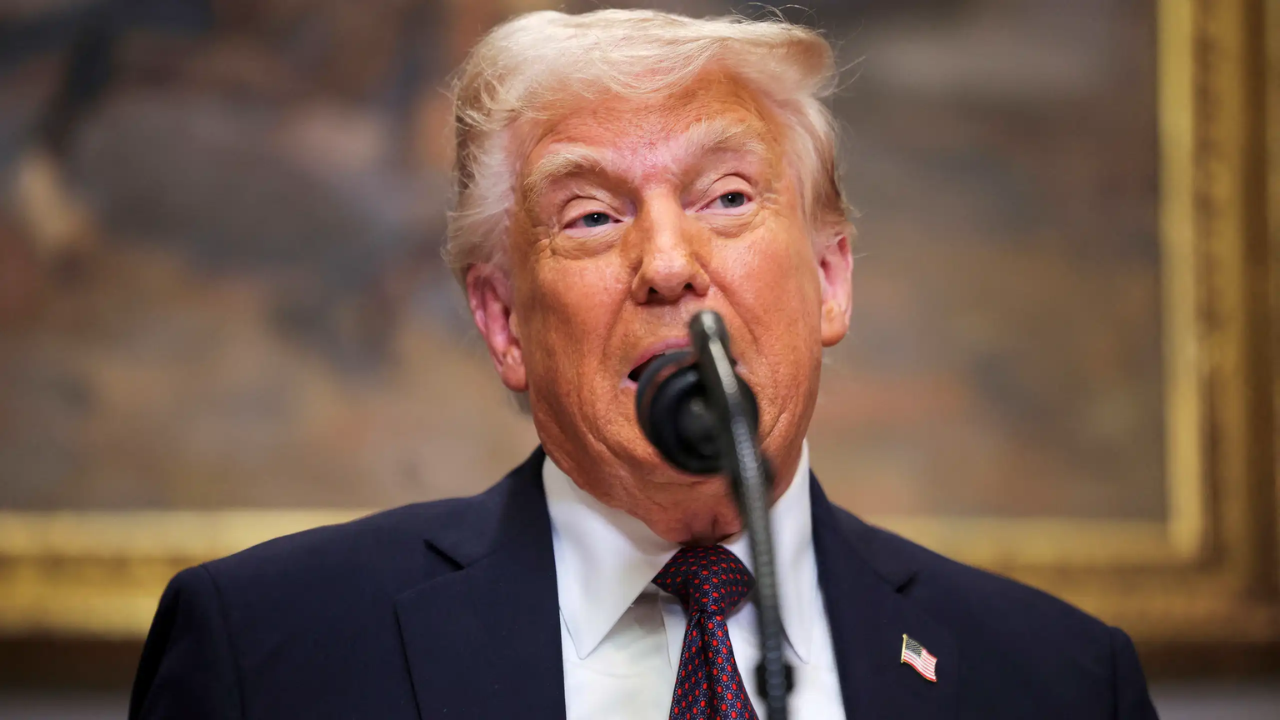President Donald Trump’s executive order aimed at overhauling the nation’s elections faced legal challenges on Monday, as the Democratic National Committee (DNC) and two nonprofits filed separate lawsuits, arguing that the order is unconstitutional.
The Campaign Legal Center and the State Democracy Defenders Fund filed the first lawsuit Monday afternoon, with the DNC, the Democratic Governors Association, and Democratic leaders in the Senate and House quickly following suit.
Both lawsuits, filed in the U.S. District Court for the District of Columbia, seek to block the executive order and declare it illegal.
Danielle Lang, senior director of voting rights at the Campaign Legal Center, stated, “The president’s executive order is an unlawful action that threatens to uproot our tried-and-tested election systems and silence potentially millions of Americans.”
She emphasized that the president does not have the authority to set election rules by executive decree, especially if they limit voter access.
The White House did not respond to requests for comment.
Legal experts had predicted the lawsuits, warning that some aspects of the order, such as a proof-of-citizenship requirement for voter registration and new ballot deadline rules, could violate the U.S. Constitution.
The order also asserts presidential power over the U.S. Election Assistance Commission, an independent agency that sets voluntary voting system guidelines and maintains the federal voter registration form, which experts say is beyond the president’s authority.
The lawsuits point to the Constitution’s “Elections Clause,” which grants states the power to decide the “times, places, and manner” of elections.
The clause also gives Congress the authority to alter federal election laws, but does not grant the president any role in election administration.
Lang argued that the executive order represents “unconstitutional executive overreach,” as only states and Congress hold the authority over elections.
The lawsuits also claim the executive order could disenfranchise voters. The nonprofits’ lawsuit names three voter advocacy organizations—the League of United Latin American Citizens, the Secure Families Initiative, and the Arizona Students’ Association—alleging that they are harmed by the order.
The DNC’s lawsuit criticizes the Department of Government Efficiency’s (DOGE) role in the order.
It argues that the order’s data-sharing requirements, which include cross-referencing federal data with state voter lists, violate privacy rights and could lead to harassment based on false claims of voter ineligibility.
The plaintiffs argued, “This executive order is an unconstitutional power grab from Donald Trump that attacks vote-by-mail, gives DOGE sensitive personal information, and makes it harder for states to run their own free and fair elections.”
Trump, a major proponent of election fraud claims, has defended the executive order, stating that it is aimed at securing elections by preventing illegal voting by noncitizens.
However, multiple studies have shown that noncitizen voting in federal elections is extremely rare.
Further lawsuits against the executive order are expected, as groups like the American Civil Liberties Union have expressed interest in legal action. Several Democratic state attorneys general are also scrutinizing the order and believe it may be illegal.
Meanwhile, the order has received praise from election officials in some Republican-led states, who argue that it could help prevent voter fraud and allow better maintenance of voter rolls using federal data.
If courts uphold the executive order, it could create challenges for election administrators and voters. State officials, already facing a loss of federal cybersecurity support, may need to invest in new voting systems and educate voters on the changes.
The proof-of-citizenship requirement could also cause confusion and disenfranchisement, as millions of eligible Americans may not have the necessary documentation.
In Kansas, where a similar requirement was in place for three years before being overturned, an expert found that almost all of the 30,000 people who were denied registration were U.S. citizens.
The lawsuits against the executive order are part of broader efforts to challenge several executive actions taken by Trump during the early months of his second term.
Many of these actions have been partially or fully blocked by federal courts, including attempts to restrict birthright citizenship, ban transgender individuals from military service, and reduce diversity initiatives among federal contractors.
Disclaimer- Our team has thoroughly fact-checked this article to ensure its accuracy and maintain its credibility. We are committed to providing honest and reliable content for our readers.






